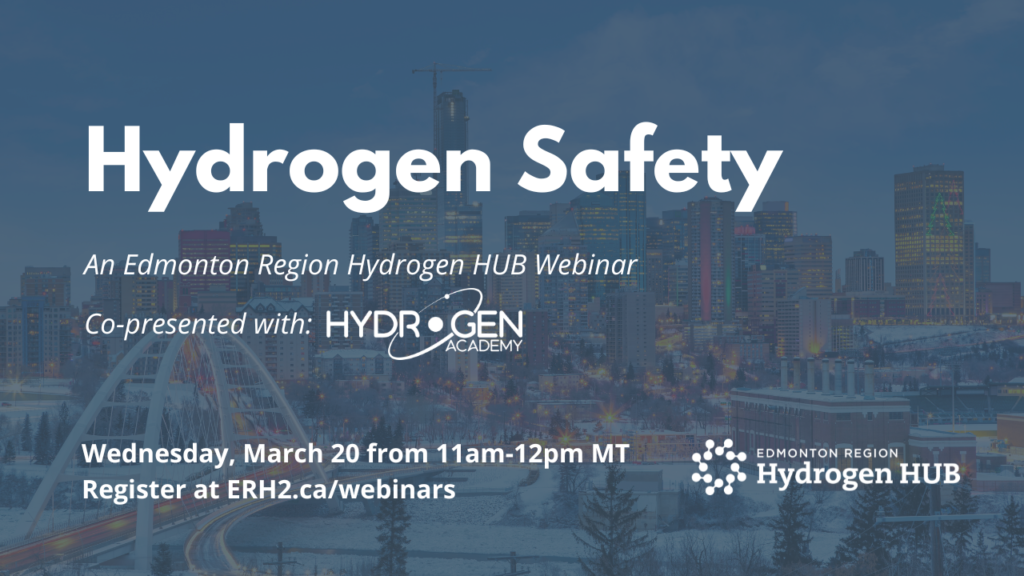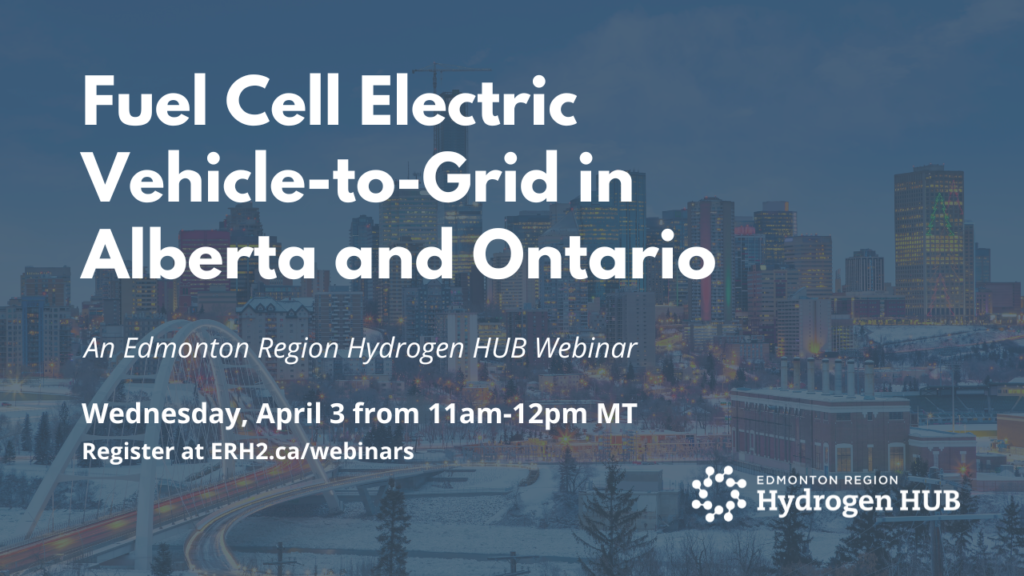
Critical Steps Towards Canadian Net-Zero Industrial Strategy
Tuesday, November 15, 2022
Moderator: Tom McAffery, Emissions Reduction Alberta
Presenter: Bentley Allan, Johns Hopkins University / The Transition Accelerator
Canada’s trading partners and competitors are using industrial policy to position their firms in rapidly forming global value chains. Canada needs to take a strategic approach to seize economic opportunities and develop the technologies and firms we need to reach net-zero. This presentation will draw on international case studies to distill key principles and best practices for Canadian net-zero industrial strategy.
Join Bentley Allan, research director for the Transition Accelerator, for an introduction to this vital topic. A Q&A follows.
Previous Webinars

The Minimum Viable Corridor (MVC) framework was developed to show the transition pathway steps needed to deliver self-sustaining trucking corridors across Canada. Join us on April 18 for an introduction to this important framework.

In this webinar, TesTneT and the Hydrogen Academy will cover some of the safety hazards specific to compressed hydrogen gas, provide tips and tricks to help mitigate these hazards, and introduce the relevant regulations, codes and standards pertaining to safe hydrogen usage.

Fuel cell electric vehicle-to-grid (FCEV2G) can utilize idling fuel cells to reduce the cost of storing grid energy into hydrogen for transferring grid load.

Experts from two European projects will discuss the operating experience, best-practices and lessons learned from deploying hydrogen-powered waste collection trucks.
